Mozambique projects 3.4M tonnes cereal output this agricultural season
Look: Processing strawberries and mangoes in Namaacha – Mozambique
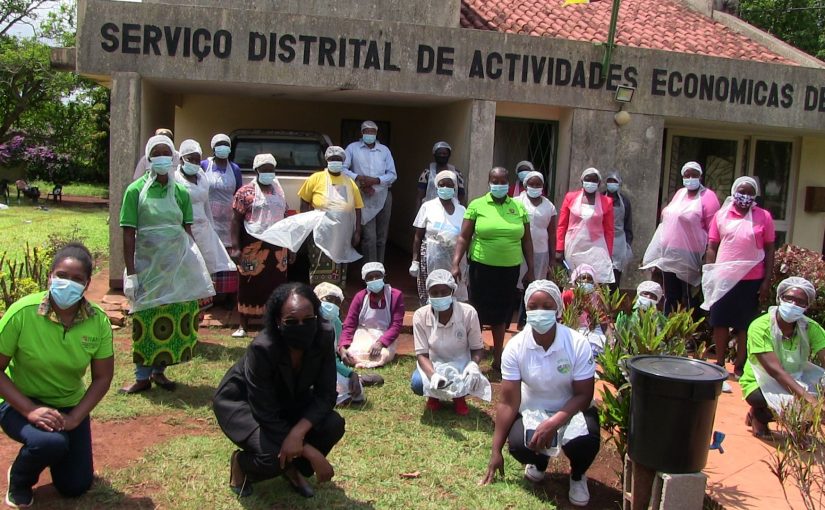
All photos: Courtesy of Instituto de Investigação Agrária de Moçambique - IIAM
- Farmers and extension workers benefited from training in strawberry and mango agro-processing in Namaacha district, Maputo province, south of the country.
The Institute of Agricultural Research of Mozambique, through the Trilateral Project to support the Centre for Research and Transfer of Agricultural Technologies of Umbeluzí (CITTAU), in coordination with the District Service of Economic Activities SDAEs, from 3 to 4 December presented a training course on post-harvest technologies and processing of strawberries and mangoes.
The aim was to train members of the APIMONA Association and other producers in the district in theoretical and practical knowledge of strawberry and mango agro-processing technologies, thereby contributing to local development while demonstrating the minimal and transformational processing of strawberries and mangoes, minimising post-harvest losses and adding value and other agribusiness dimensions.
The activity took place in response to a request from the Strawberry Producers Association of Namaacha (APIMONA) and was attended by 29 participants including 24 members of the association and five extension officers.
The opening was led by Dr Albertina Alage, Technical Director of DFDTT, with Dr Ótilia Tamele, Deputy Director of CITTAU, and Engineer Vánia, representing the Director of SDAEs-Namaacha.
The Work Plan consisted of an evaluation of the contents; economic importance of agro-processing of strawberries and mango; notions of agribusiness, a taste test using the products processed by trainees; a general appraisal of the training by the trainees; recommendations that each graduate should replicate as a way to disseminate the knowledge acquired.
Training covered pre-assessment; content display; discussion; sharing the experiences of the participants; demonstration; practice; and participatory evaluation.
The final result is the production of strawberry and mango juices and strawberry and mango jam with ingredients such as lemon or orange juice, sugar and milk. Due to the nutritional values of these products, their consumption is recommended for all ages, and especially for children, pregnant women and patients in the rehabilitation phase.
IIAM/DFDTT-CITTAU trainers were Beatriz Cornélia Bernardo Dimande, Isabel Flora Sebastião Lavo and Isabel João Batista Monjane, Technology Transfer Department – post-harvest and processing sector.
Os produtores e extensionistas beneficiam-se de um treinamento em Agro- Processamento de Morangos e Manga no Distrito de…
Publicado por Instituto de Investigação Agrária de Moçambique – IIAM em Segunda-feira, 7 de dezembro de 2020


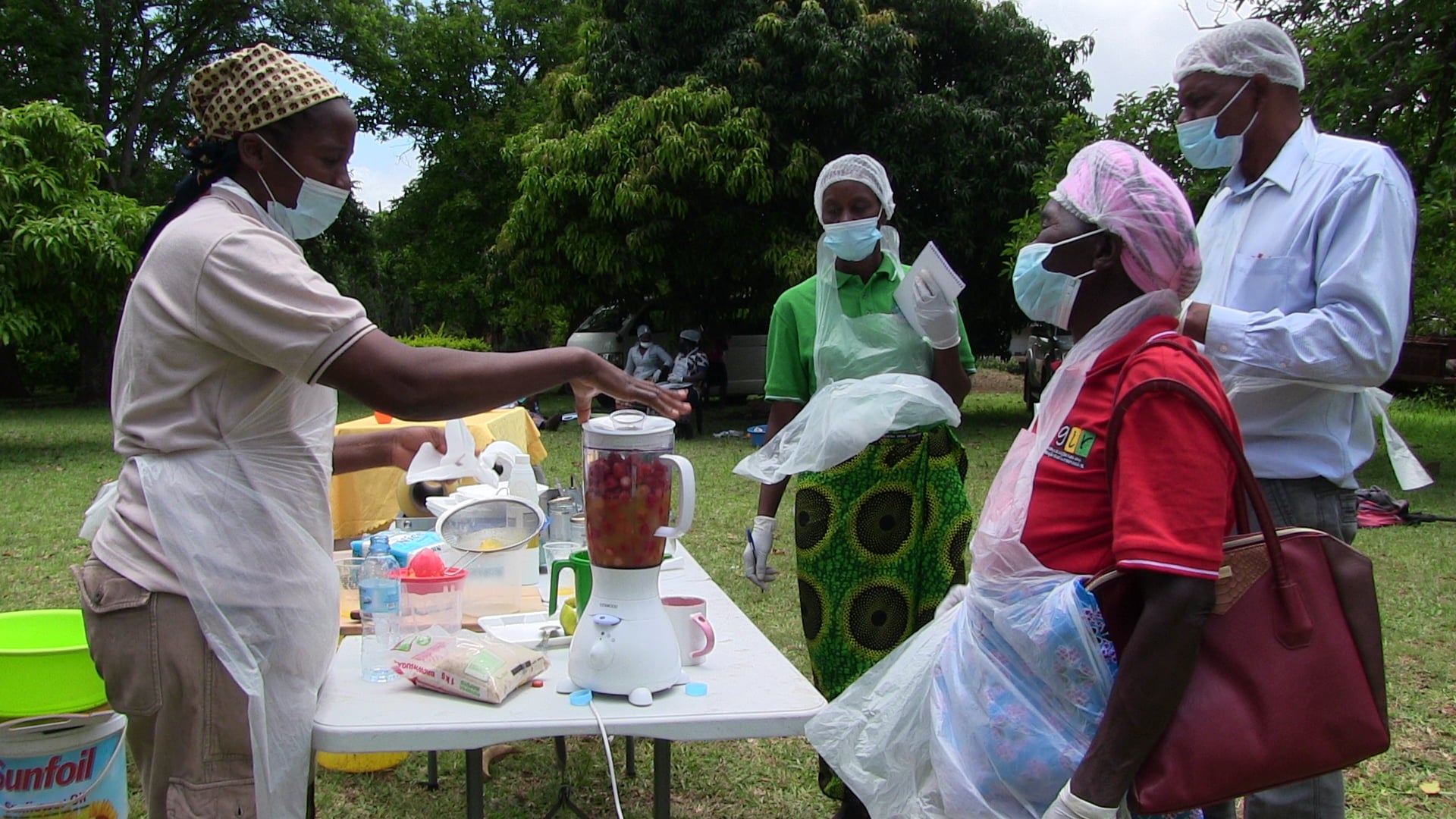
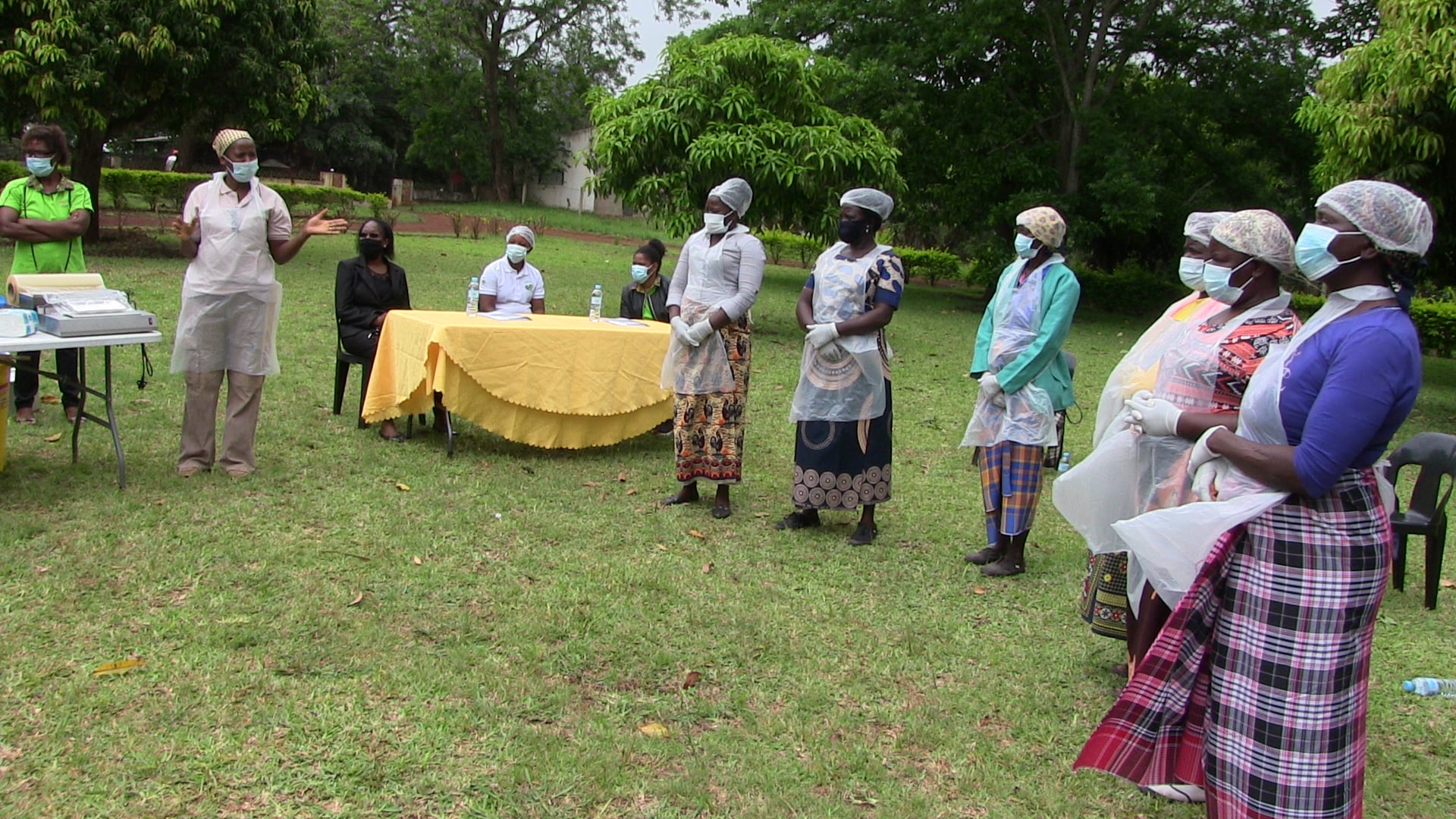
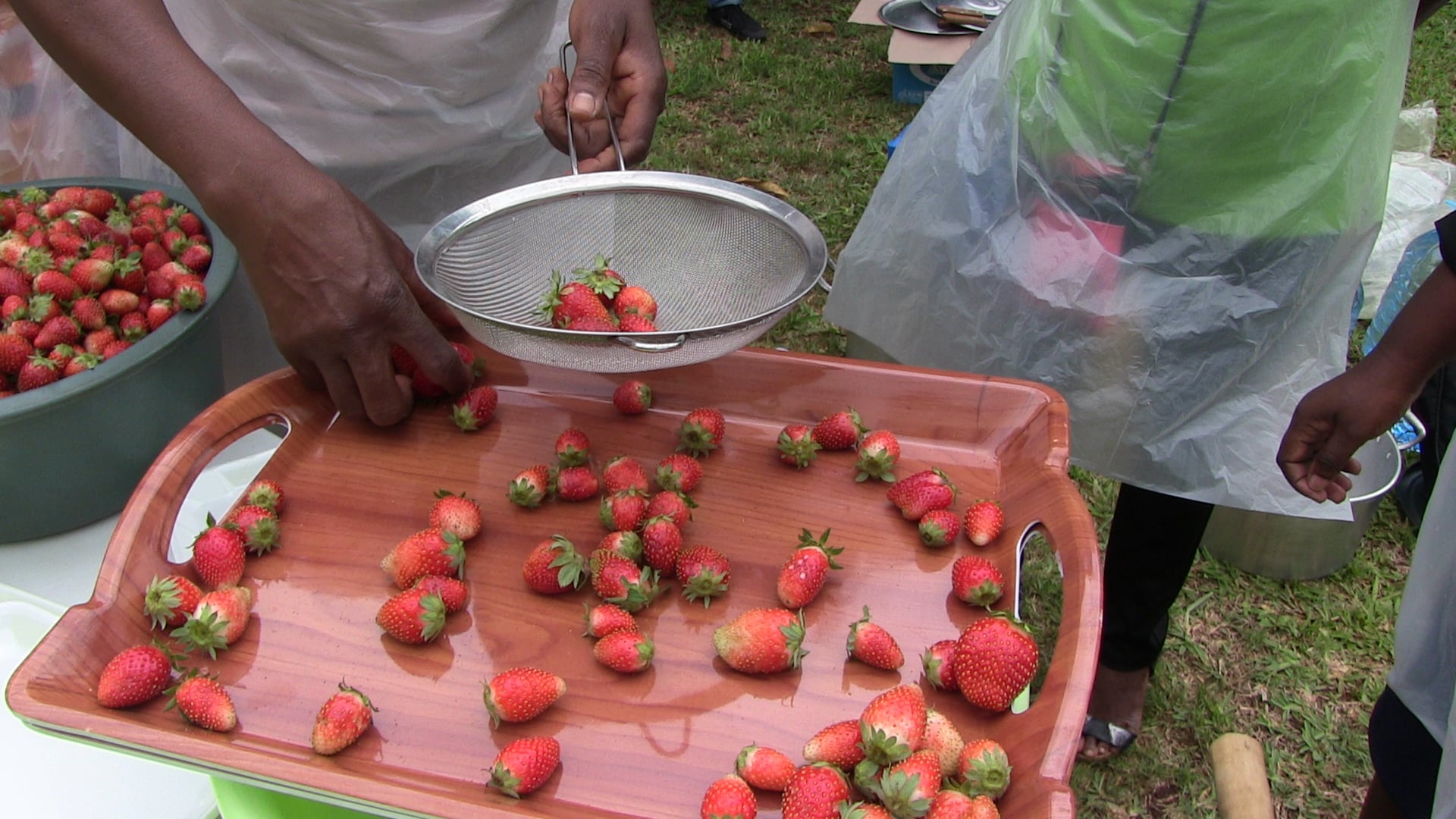
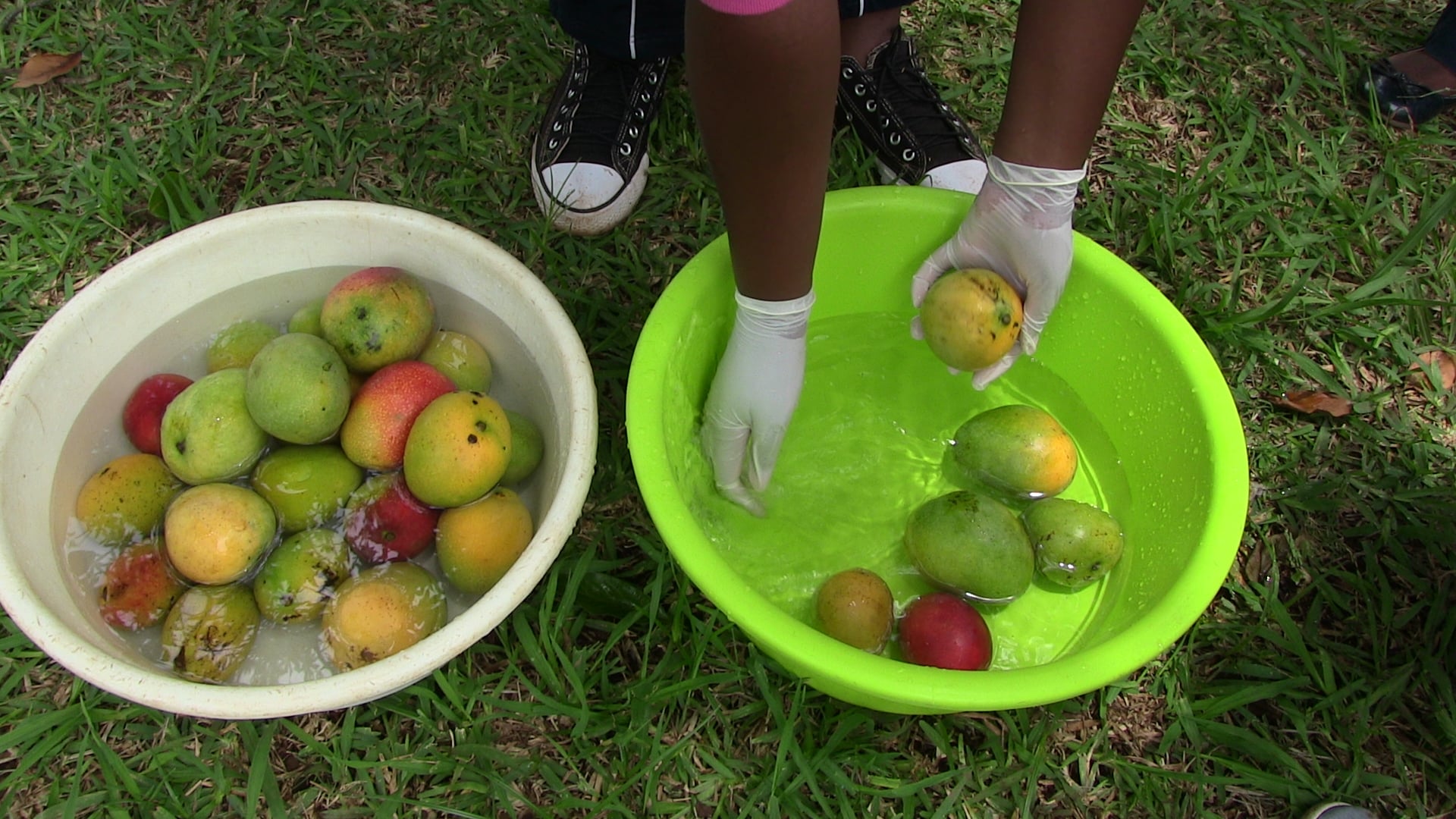
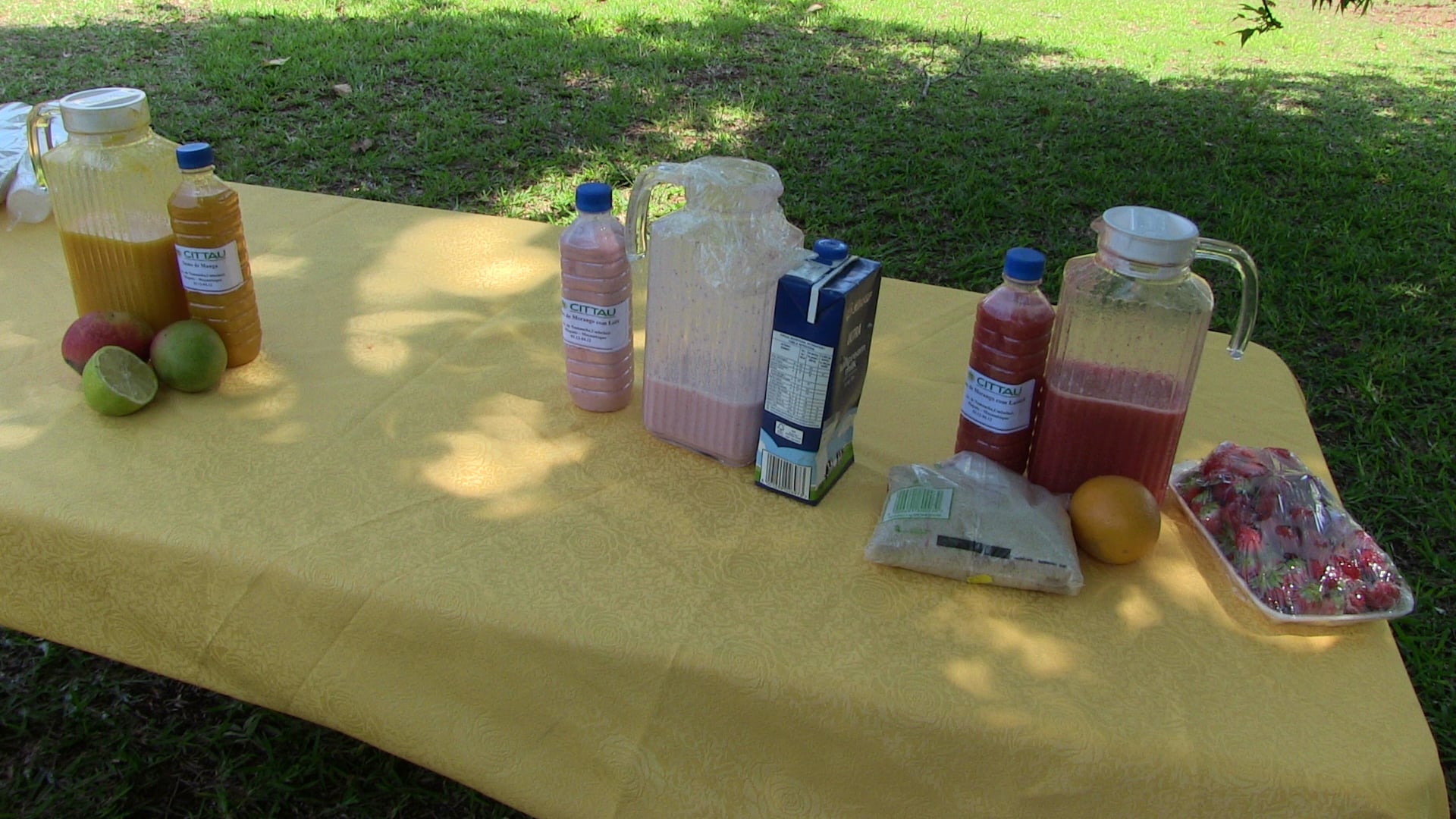
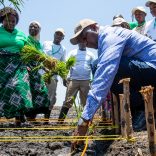
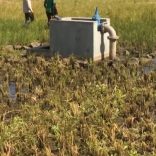

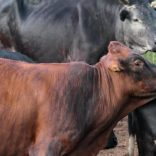






Leave a Reply
Be the First to Comment!
You must be logged in to post a comment.
You must be logged in to post a comment.